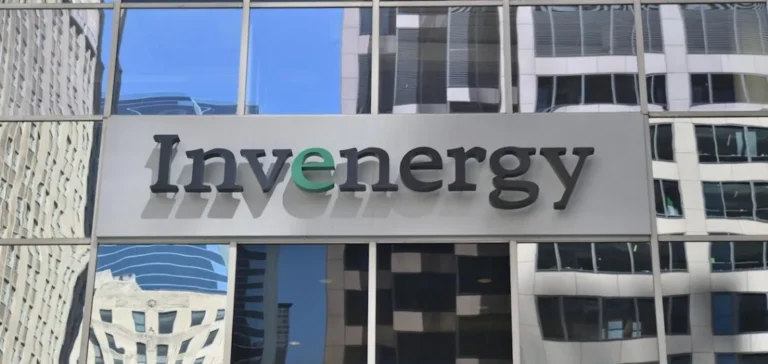Invenergy, the leading US private developer, owner and operator of renewable energy solutions, signed on 26 June four new electricity supply agreements with Meta Platforms, Inc. These contracts provide for the delivery of seven hundred ninety-one megawatts (MW) of additional solar and wind energy aimed at supporting the technology group’s growing data-centre footprint. They raise the total capacity negotiated between the two partners to one point eight gigawatts, following an initial tranche of one thousand MW announced in 2024. PR Newswire reported the deal on 26 June.
Projects and timetable
The new contracts cover four plants developed by Invenergy across the United States. Yellow Wood Solar Energy Center in Ohio will add three hundred MW, while Pleasant Prairie Solar Energy Center, also in Ohio, will contribute one hundred forty MW. Decoy Solar Energy Center, located in Arkansas, will deliver one hundred fifty-five MW and Seaway Wind Energy Center in Texas will complete the package with one hundred ninety-six MW. The three solar sites are expected to reach commercial operation in 2027 and the Texan wind farm in 2028, with electricity fed into local grids and renewable energy certificates allocated to Meta.
Invenergy and Meta had already concluded agreements totalling one thousand MW last year, mainly focused on the Ohio Valley, a region that will now concentrate more than seven hundred forty MW of new capacity. According to Ted Romaine, Executive Vice President of Origination at Invenergy, “Winning the AI race requires reliable, cleaner, affordable energy and energy infrastructure – today and in the future”. He added that the expansion strengthens US energy independence while boosting economic prosperity. Meta’s demand for electricity to power its artificial intelligence (AI) applications explains the company’s eagerness to secure volumes available at short notice.
Commercial impact and regulatory framework
The agreements, structured as long-term Power Purchase Agreements (PPAs), will give Meta visibility over its energy costs while wholesale price volatility remains high. Invenergy, for its part, is leveraging federal incentives introduced by the Inflation Reduction Act to optimise project financing. Urvi Parekh, Head of Global Energy at Meta, stated: “We’re laser-focused on advancing our AI ambitions—and to do that, we need clean, reliable energy”. The parties did not disclose the purchase price or the exact duration of the contracts.
Internally, Meta expects each new data centre to consume several hundred MW once in service, a profile that increases pressure on regional grid operators. Invenergy believes that combining daytime solar production with nocturnal wind generation will improve supply-demand balance without heavy reliance on thermal capacities. The two groups said they are continuing discussions for additional sites, notably in the southwest of the country, to accompany the anticipated rise in digital load. For now, the signing illustrates the role of hyperscalers in the North American renewable energy market.






















